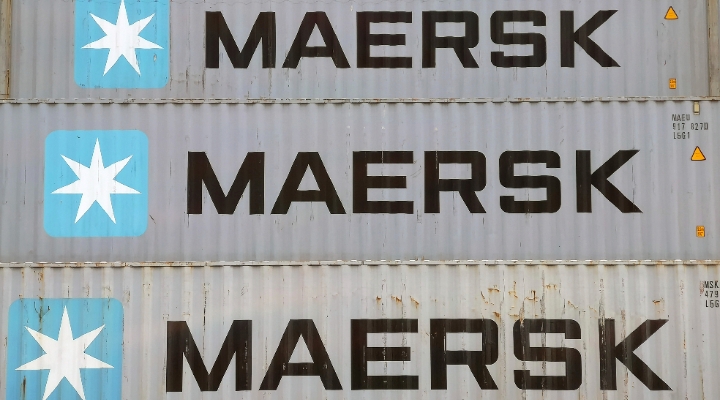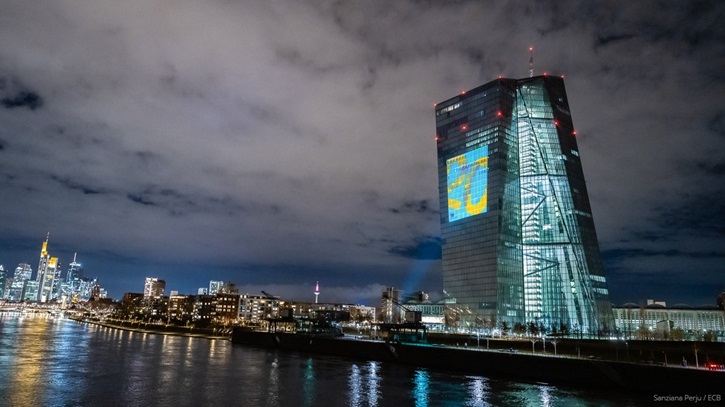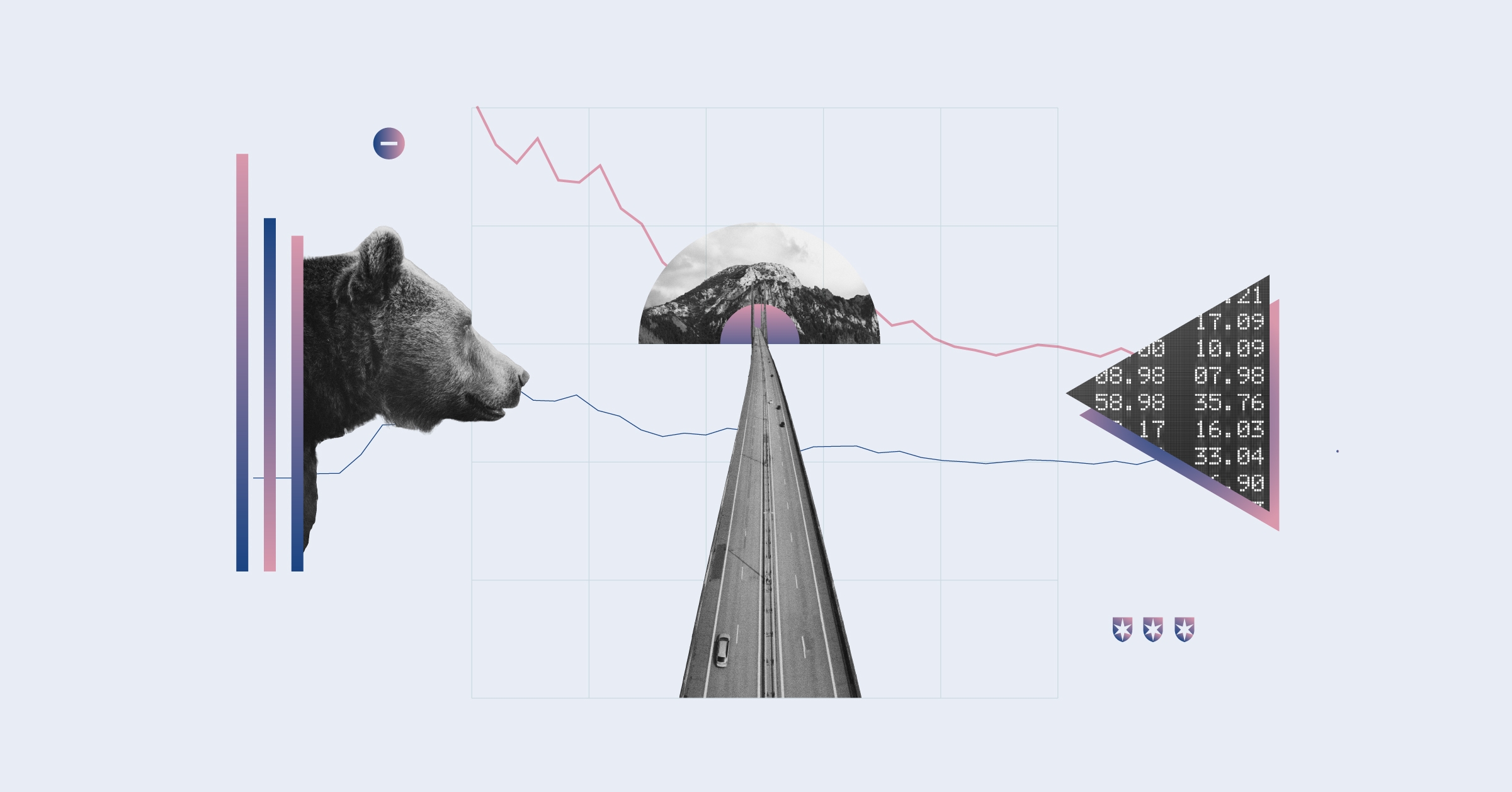Johanna Englundh: Welcome to Morningstar. The attacks on ships in the Red Sea are threatening maritime safety and disturbing global supply chains. And to avoid the area, vessels are diverting around Africa, a journey that adds at least 10 days in travel time, making the trips much more expensive. But despite these highly negative events, shipping giants have started the new year soaring on the stock market and Danish Maersk has gained over 15% in the first week of trading, making it the best performing stock in the Morningstar Europe Index. How does this all really add up? I've got Morningstar's European market strategist, Michael Field, with me today.
Michael, can you explain how the attacks in the Red Sea, that increase both time and operating costs for shipping companies, end up resulting in higher share prices?
Michael Field: For sure. It doesn't make a whole lot of sense when you put it like that. It sounds like a very negative event both for the global economy and then also for those shipping companies that you mentioned. But weirdly and slightly perversely, it is actually affecting the share prices positively. So, to give some background to the current situation, in global shipping at the moment, there's a glut of supply. So, there's not enough demand and there's too much supply. So that's bad for freight rates. Freight rates have gotten down a lot just because of this fact. Now, all of a sudden, with this issue in the Suez Canal means that a lot of that capacity is actually being used up because they have to go around Africa and then suddenly there's less capacity available and suddenly what that does then is kind of spike freight rates which is what we've seen in the last number of weeks which in the current moment when freight rates were very depressed is a really welcome thing for those shipping companies and for the investors of those shipping companies of course.
Englundh: So how much have the prices actually increased?
Field: So, it's difficult to get kind of a full reading on it because some of it's regional and then some of the knock-on effects now are moving towards Asia and other parts of the world as they look for that capacity in other parts and try to move that to the Suez Canal or to pick up some of that slack from the Suez Canal. But you've seen freight rates depending go up anywhere between 20% and 50% depending on the route. So, it's been massively significant. It's hard not to overstate how significant it has been.
Englundh: Okay. And for how long do you think that these disruptions in the Red Sea can go on for?
Field: That is the million-dollar question. I think in the beginning, when something like this happens – this isn't the first time something has happened in the Suez Canal. Two years ago, we had the ship that got lodged along the Suez Canal and took a number of weeks to actually dislodge it, which started as something of a comical situation but actually had some very serious ramifications for shipping. So, because so much trade flows through this area, it's really important. And it's difficult to overstate again how the effects of something like this can actually make a huge difference for quite a long time.
It's difficult as well, the fact that we have no precedents, right? We had the Somali pirate attacks in the last 10, 15 years, et cetera. But it's been a relatively quiet period in that region. And then suddenly this has picked up again. So, initially I think investors guesses and we're judging by the share price here and the reaction was a number of days or possibly a couple of weeks. But the share price reaction that you mentioned, Maersk has gone up so much in the last few weeks, is now showing you that actually investors are thinking this could be a few months before it gets fixed to some degree, which makes sense given that what's involved, you're going to need the U.S. or other military powers to actually ramp up security in the area and try to convince companies like MSC and Maersk that it's safe to actually use the Suez Canal again, which may take some time.
Englundh: So, your take on Maersk is that it's still undervalued despite this recent rally. Why is that?
Field: So, I think, we're long-term investors at Morningstar. And if we look at our valuation for Maersk, we've been saying for a while that the fall that we saw last year after those bumper profits that the company earned in 2021 and 2022, we were saying that we're looking at a couple of lean years ahead while the industry is over-capacitated, but coming out of that, the company should be in good shape again. It's got a very healthy balance sheet. It's got pretty low costs relative to the industry. So, we've seen that supported the valuation and we think we thought certainly that investors were over-pessimistic on the stock. Now some of that's recovered in the last few weeks which is very welcome to see, but I think again, investors really need to look at not just the short-term story with this but also the long-term story around the company and then they can see the value in it then.
Englundh: We will for sure be following the events in the upcoming months. Thank you, Michael, for joining us today. Until next time, I'm Johanna Englundh for Morningstar.






















